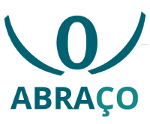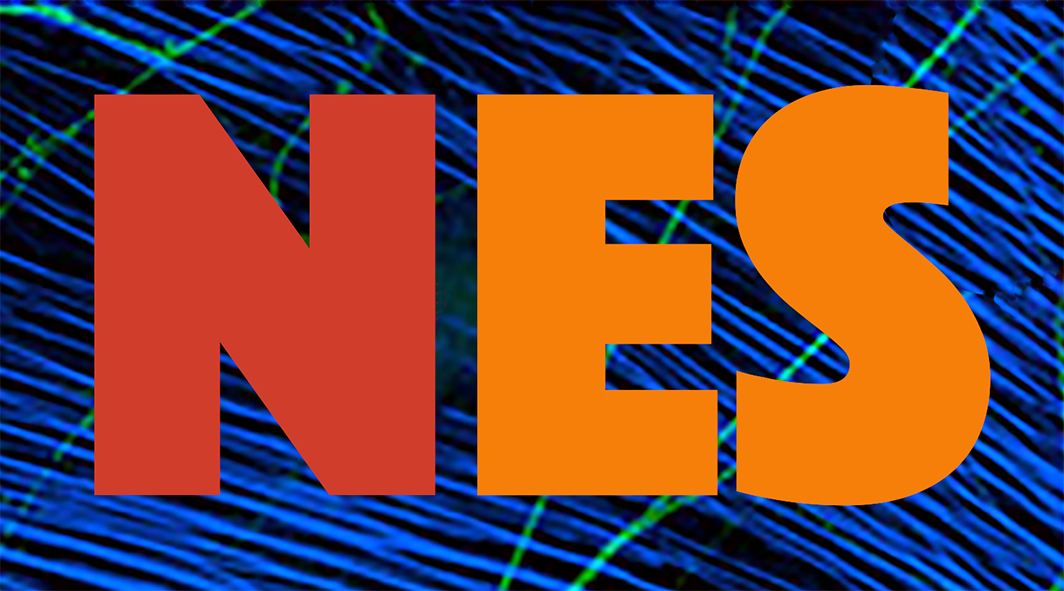
Post-class naps boost declarative learning in a naturalistic school setting
Sep 26, 2018
Thiago Cabral, Natália B. Mota, Lucia Fraga, Mauro Copelli, Mark A. McDaniel and Sidarta Ribeiro
Laboratory evidence of a positive effect of sleep on declarative memory consolidation suggests that naps can be used to boost school learning in a scalable, low-cost manner. The few direct investigations of this hypothesis have so far upheld it, but departed from the naturalistic setting by testing non-curricular contents presented by experimenters instead of teachers. Furthermore, nap and non-nap groups were composed of different children. Here we assessed the effect of post-class naps on the retention of Science and History curricular contents presented by the regular class teacher to 24 students from 5th grade. Retention was repeatedly measured 3–4 days after content learning, with weekly group randomization over 6 consecutive weeks. Contents followed by long naps (>30 min), but not short naps (<30 min), were significantly more retained than contents followed by waking (Cohen’s d = 0.7962). The results support the use of post-class morning naps to enhance formal education.
The whole paper is available here.
Share on Twitter Share on Facebook| NeuroCineMat |
|---|
|
Featuring this week: |
| Newsletter |
|---|
|
Stay informed on our latest news! |
| Follow Us on Facebook |
|---|




